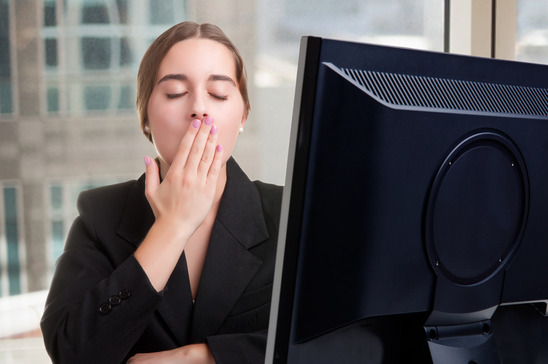15 Aug Sleep Apnea: Your Most Common Questions Answered
 Obstructive sleep apnea (OSA) and excessive snoring can greatly affect a person’s health and quality of life. Unfortunately, this condition can go undetected because its effects manifest during sleep. In recent years, OSA has gotten more media attention and fortunately, more folks are seeking treatment because of that. While sleep apnea awareness is increasing, many people have questions about this lesser-known condition. Following are some answers to common questions.
Obstructive sleep apnea (OSA) and excessive snoring can greatly affect a person’s health and quality of life. Unfortunately, this condition can go undetected because its effects manifest during sleep. In recent years, OSA has gotten more media attention and fortunately, more folks are seeking treatment because of that. While sleep apnea awareness is increasing, many people have questions about this lesser-known condition. Following are some answers to common questions.
What is sleep apnea, exactly?
Sleep apnea involves a cycle of breathing cessation followed by slight waking to reinitiate the breathing process. Apnea means that a person stops breathing. When sleeping, apnea occurs if airways become obstructed. Patients can stop breathing for up to a minute before breathing is resumed after brain signals are sent to rouse the sleeper. OSA literally prevents a person from progressing naturally through each sleep cycle—including REM sleep. Over time, this will result in sleep deprivation and can contribute to a myriad of health problems.
What are the symptoms of sleep apnea?
Noticeable symptoms of sleep apnea can include dry mouth when waking, morning headaches, memory loss, and persistent fatigue. Sometimes, family members, roommates, or bed partners will notice another person’s sleep apnea if the hear OSA sufferers snoring excessively loud or gasping for air during the night.
How does sleep apnea affect my health?
Many research studies have linked sleep apnea to mental illness, cardiovascular ailments, and pulmonary problems. Sleep deprivation caused by OSA can cause depression and significant changes in mood. Since apnea followed by wakefulness can occur dozens, if not hundreds, of times in an 8-hour period, patients cannot maintain steady heart and respiratory rates. Irregular heart rates throughout the night can weaken the heart and erratic respiratory rates paired with apnea can affect oxygen saturation in the blood.
How can a dentist help?
If a sleep study confirms sleep apnea, a dentist can help by prescribing a custom oral appliance. Our practice offers SomnoDent MAS. This appliance is worn in the mouth to widen the diameter of the airway by pushing the lower jaw slightly forward. Widening the airway can prevent oral tissue from obstructing one’s ability to breathe.
Call us today to schedule a checkup or cleaning.
